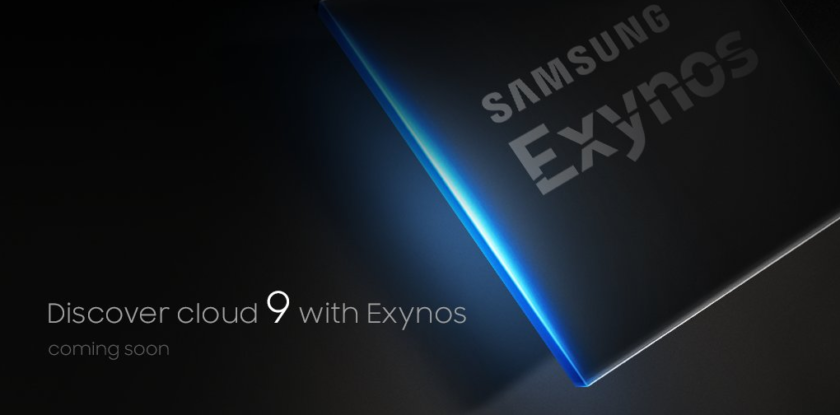The frequency of Samsung Galaxy S9 rumors is starting to gain pace now. Two weeks ago it was heard that Samsung has already started production of next year’s first major flagship, and now new details has emerged about the SoC that may be used in it. Quoting an industry insider Android Headlines recently said that the device is likely to come with Exynos 9810 chipset, which is yet to be released by the company.
This is in conflict with an earlier report, which had suggested that next Galaxy S will come with Snapdragon 845. But more interestingly, this SoC is said to have CDMA support. This is a significant development, and here I’m going to explain why. Let’s begin:
Samsung, Qualcomm and CDMA: Some Background
Selling CDMA phones with career contracts in US without Qualcomm’s help is a tough nut to crack. The chip-maker enjoys absolute monopoly over CDMA tech in US through various patents.
It’s that protection which Qualcomm uses to deter Samsung and other smartphone manufacturers from using a non-Snapdragon SoC. For that reason Samsung’s chip manufacturing business also struggles as no one buys its Exynos SoCs.
Falling inline with Qualcomm’s requirements Samsung has till now used only Snapdragon SoCs for all those smartphones in which it wanted to have CDMA support.
But as you may expect, a company of Samsung’s success level and stature doesn’t sit quietly and watch all this happen – there’ve been various lawsuits filed by the Seoul based giant on Qualcomm, but the fact is that those cases haven’t yet led to any breakthrough and Snapdragon chip-maker still enjoys the monopoly on US CDMA market.
Exynos 9810: Beginning of A New Era?
Now if this report of Exynos 9810 having CDMA support and being installed in Galaxy S9 is true then it means only two things – either Samsung has worked out some sort of compromise on its differences with Qualcomm, or it has included this support for some other reason. Whatever the case, it will become clear by the end of this year.
If Samsung is indeed planning a Galaxy S9 with CDMA support on Exynos SoC then its chip-making unit will unveil the SoC by then. Otherwise it’s an insider report without anyone’s name, so it has a good chance of going wrong. Currently we should take it with a pinch of salt.
